Our Process
Spark's cash and village planning process builds on indigenous organizing practices, such as Ubudehe, Imihigo, and Umuganda, so it feels familiar, not imposing.
Our two year process includes six months of village planning meetings paired with a cash grant. This leads to continuing village investments that create sustained impact for 10 years and longer.
.
》FIRST PHASE: Creating a Shared Vision
Spark’s inclusive planning process brings together people of all genders, ages, and socio-economic status, through a series of weekly facilitated village meetings.
Spark shifts power from a small handful of male elites to women, men, young and old, across the economic spectrum. In the first month residents identify local assets. In the second month, residents develop a village vision and goals. In month three, they develop pathway ideas to reach their goals.
》SECOND PHASE: Investing in Livelihoods
When village residents agree on a shared vision for their future, they can begin to invest the cash grant funds to build a project of their choosing. This enables the village to have control over decisions, plans, and resources.
They also begin a village savings program that allows them to make future investments in new projects together. This unique investment strategy allows families to become more self-reliant over time.
》FINAL PHASE: Building a Better Future
Spark’ s cash and village planning program lasts two years to ensure the chosen investments are successful and will sustain the village long after the Spark team leaves. The revenue generated provides benefits that are shared across the village. A growing savings program provides more investment for new projects. This repeating cycle of investment controlled by the village enables families to emerge from, and stay out of, extreme poverty.
Impact on Women
Women's civic engagement increases by 215% after two years in the Spark process.
Nearly half of the leadership committees in our Spark process are democratically elected women.
Spotlight: Rose
In 2013 Irene left her household and walked into a village meeting for the first time ever. Her neighbor Rose had recruited her to join. Rose was a newly elected leader herself, having never attended a public forum before the Spark process. Women were meant to take care of the home, not the village.
In her new position Rose led her village to build a bridge across a river that had separated her kids and neighbors from school, health care and markets. Rose’s leadership improved the lives of her 1,200+ neighbors. Rose continues to uplift women in her area as one of over 800 new leaders who have emerged through the Spark process.
Reports
View and download our reporting files from the past several years in PDF format below. If you need any additional information, please contact us.
Annual Impact Reports
Financial Statements
990 Docs
Annual Impact Reports
-
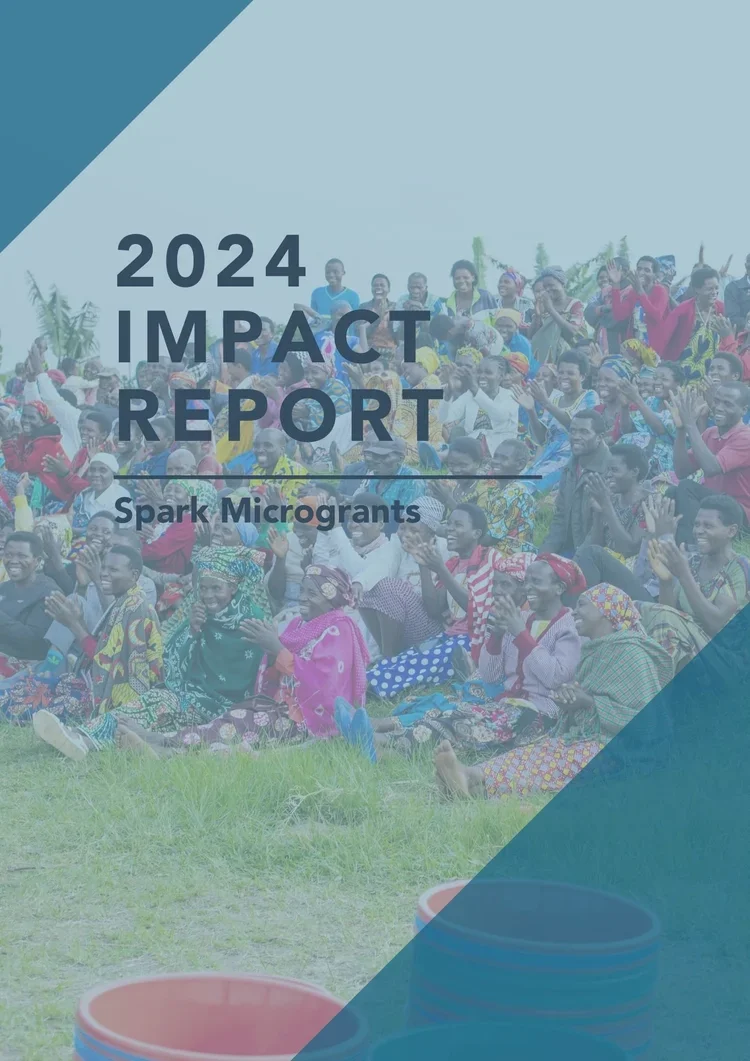
2024 Impact Report
-
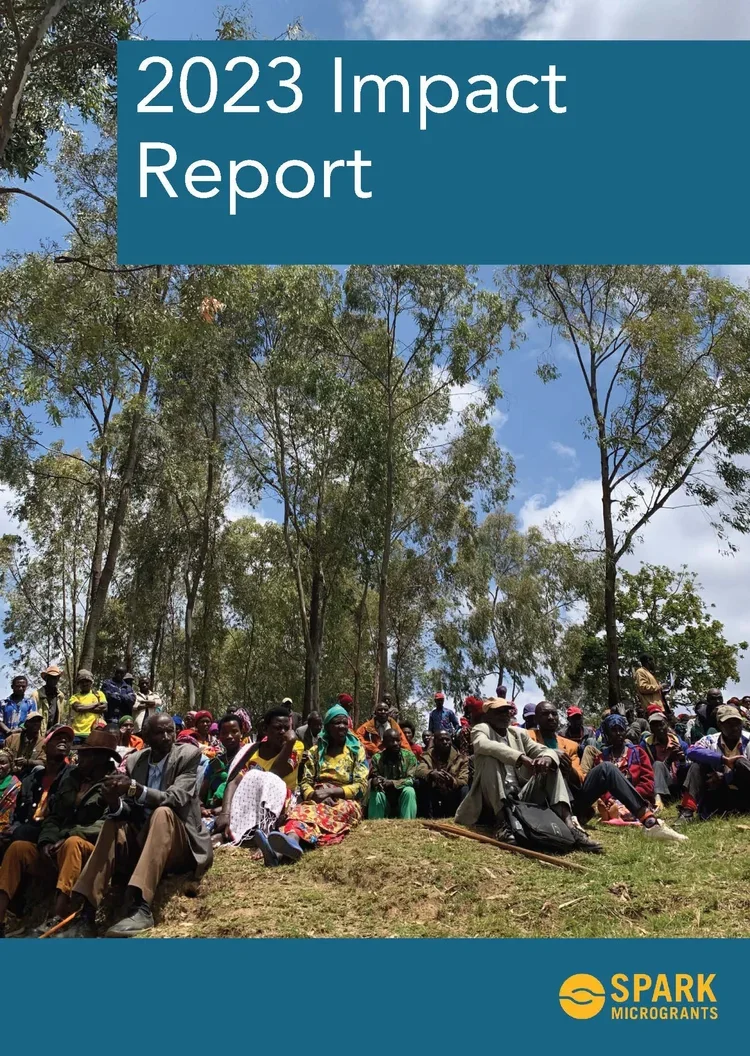
2023 Impact Report
-
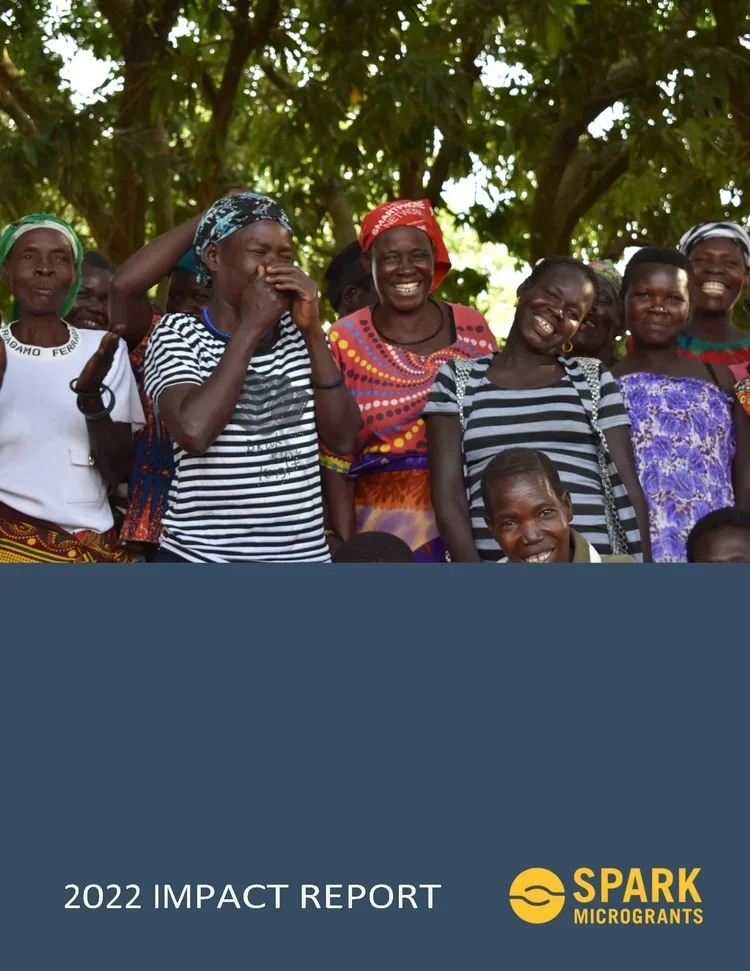
2022 Impact Report
-
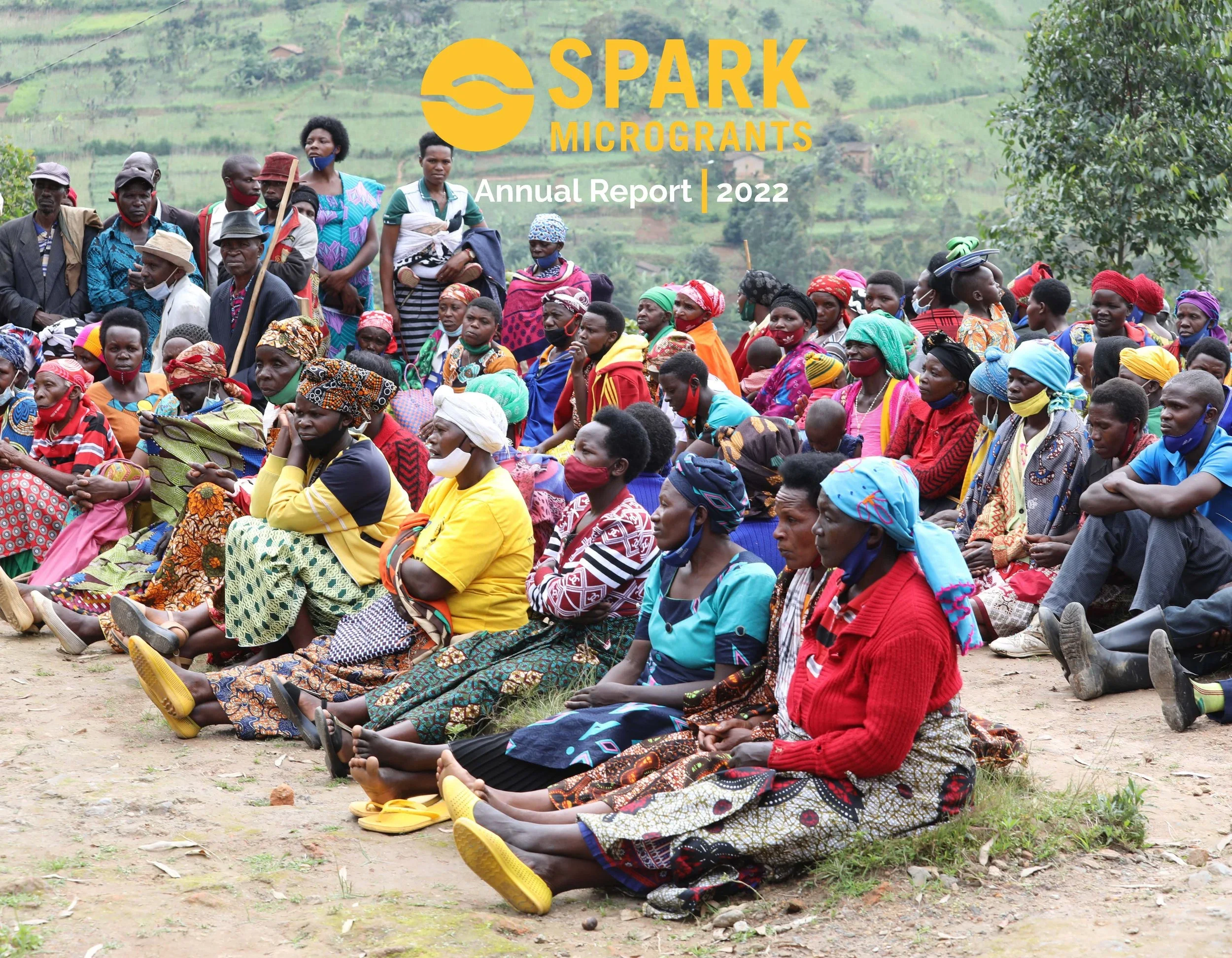
2022 Annual Report
-
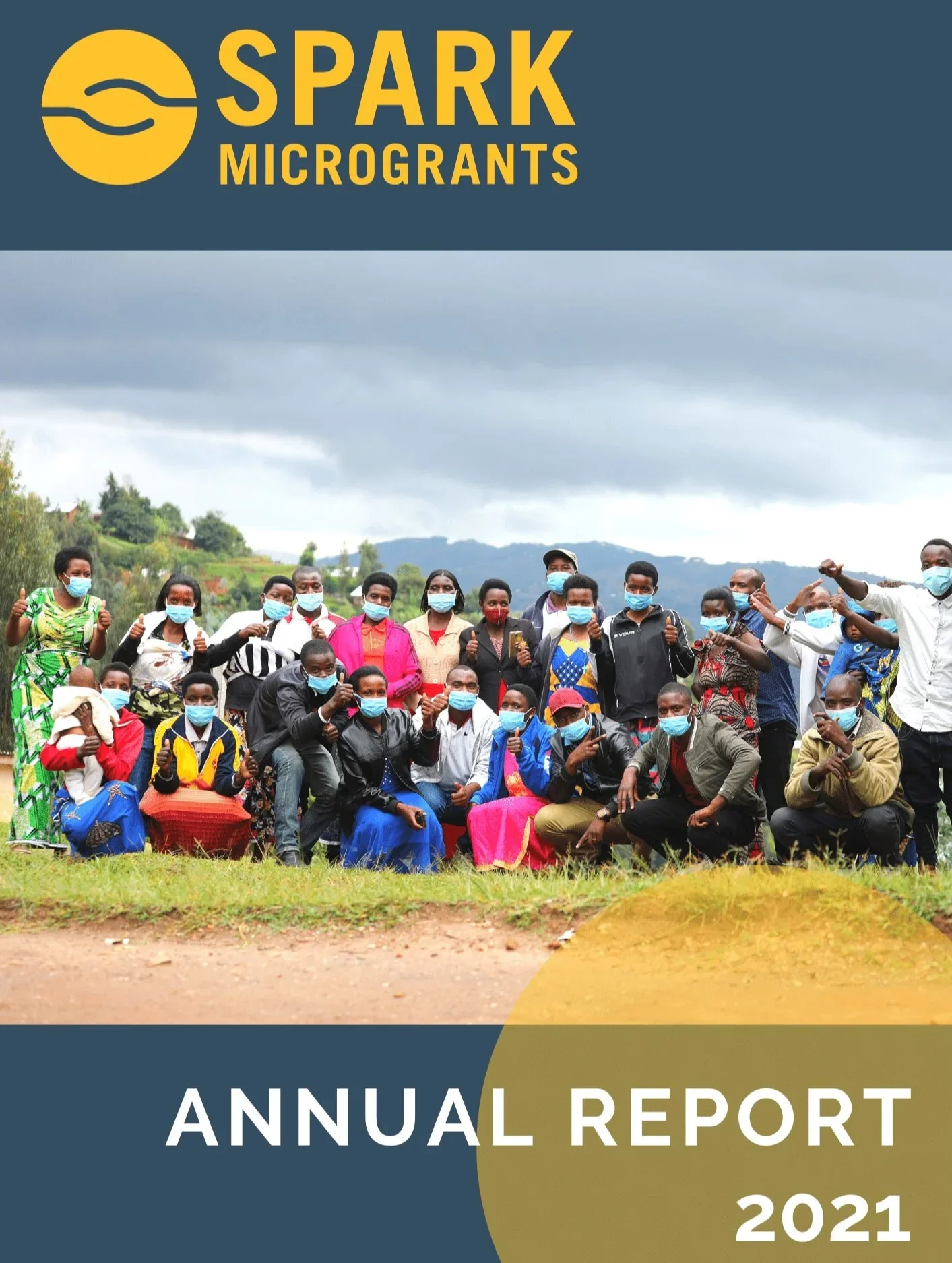
2021 Annual Report
-
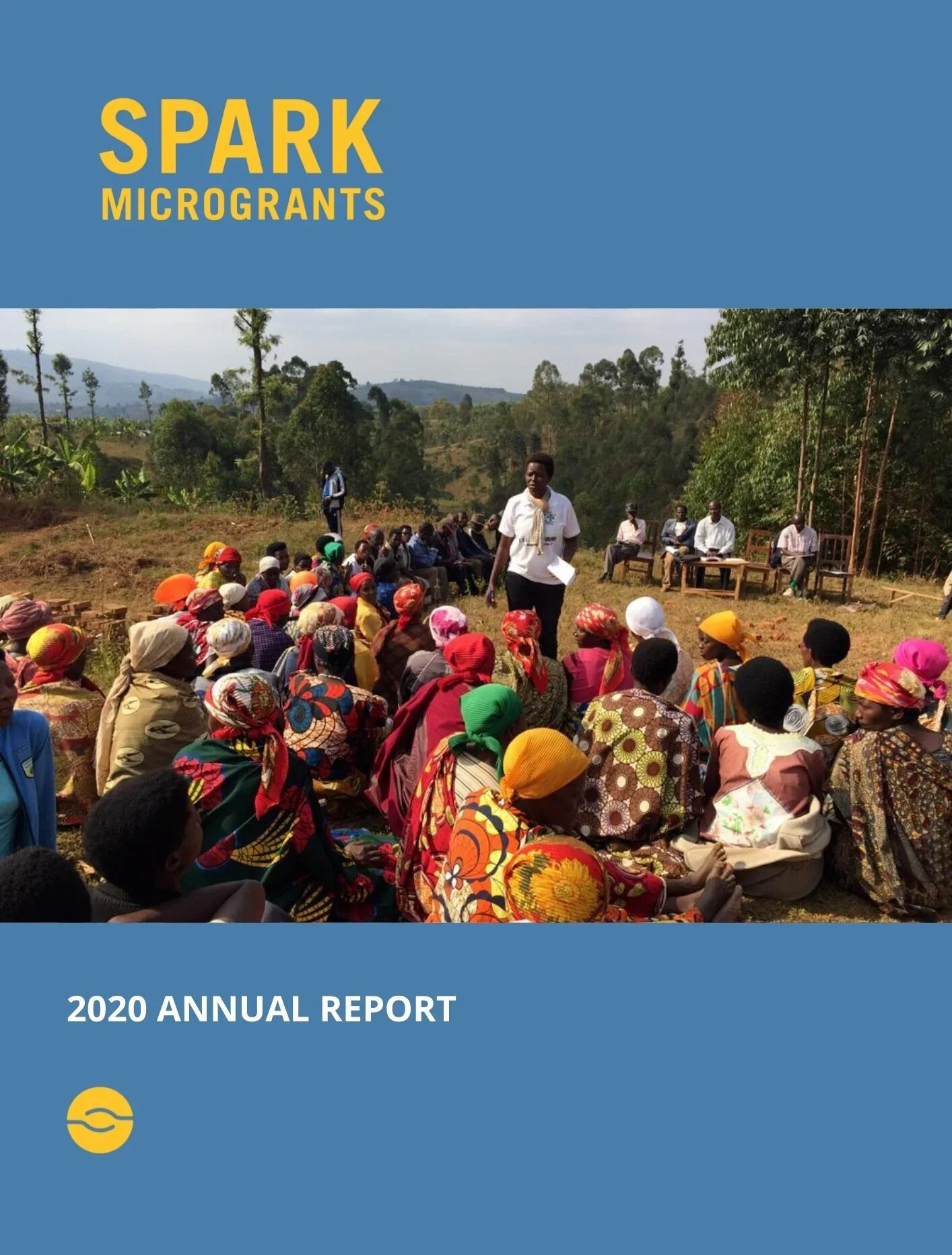
2020 Annual Report
Financial Statements
-
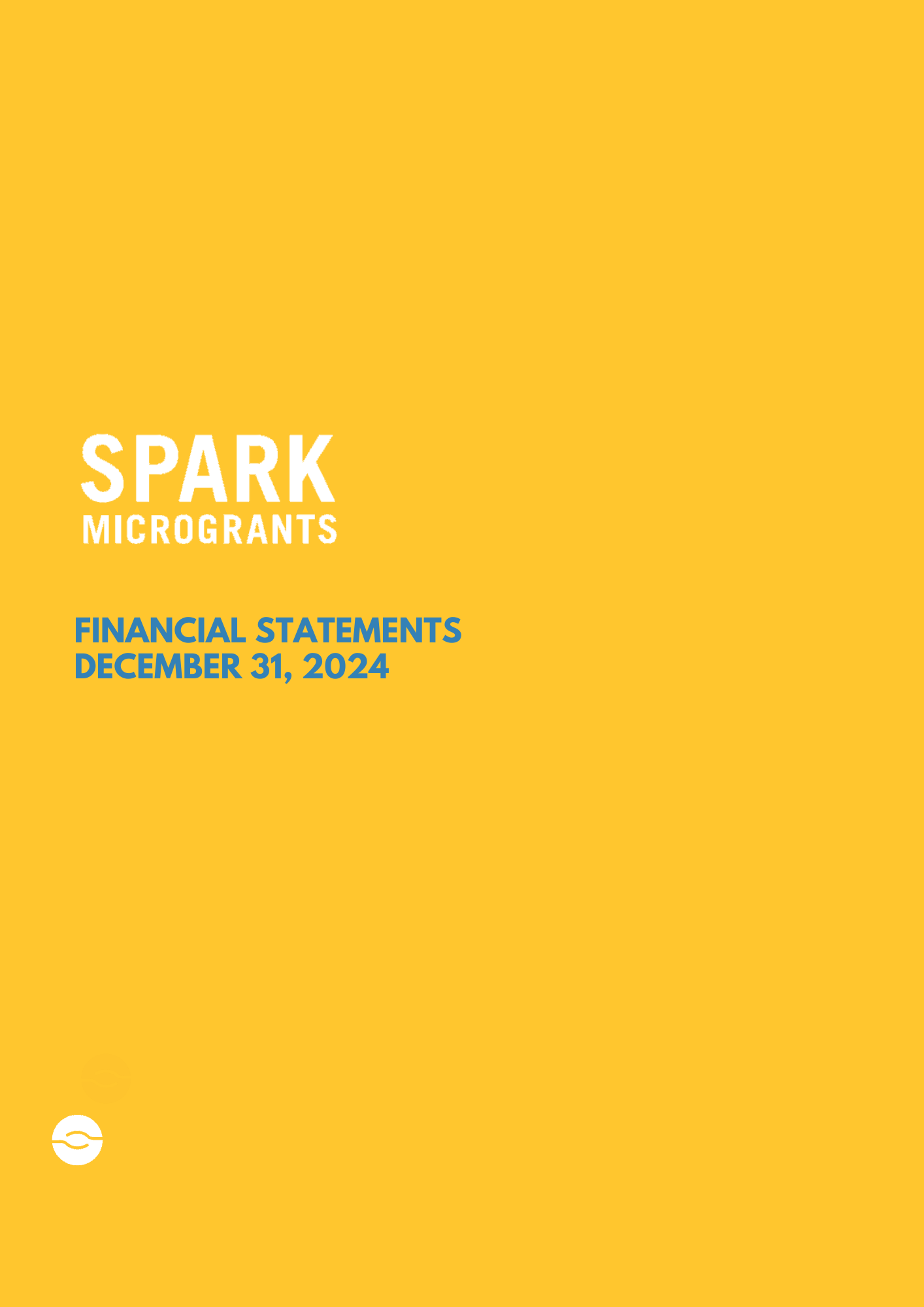
December 31, 2024
-

December 31, 2023
-
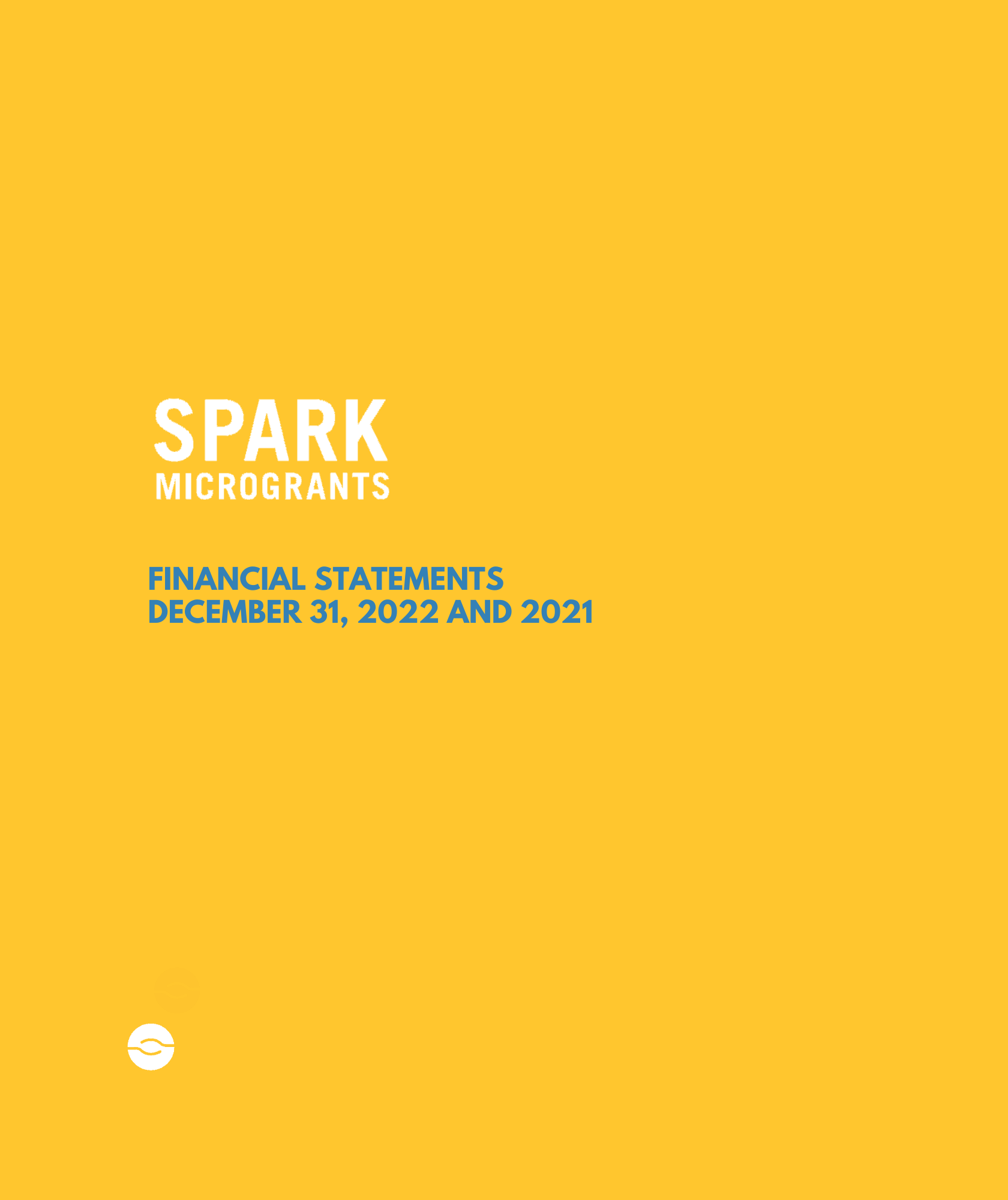
December 31, 2022
-
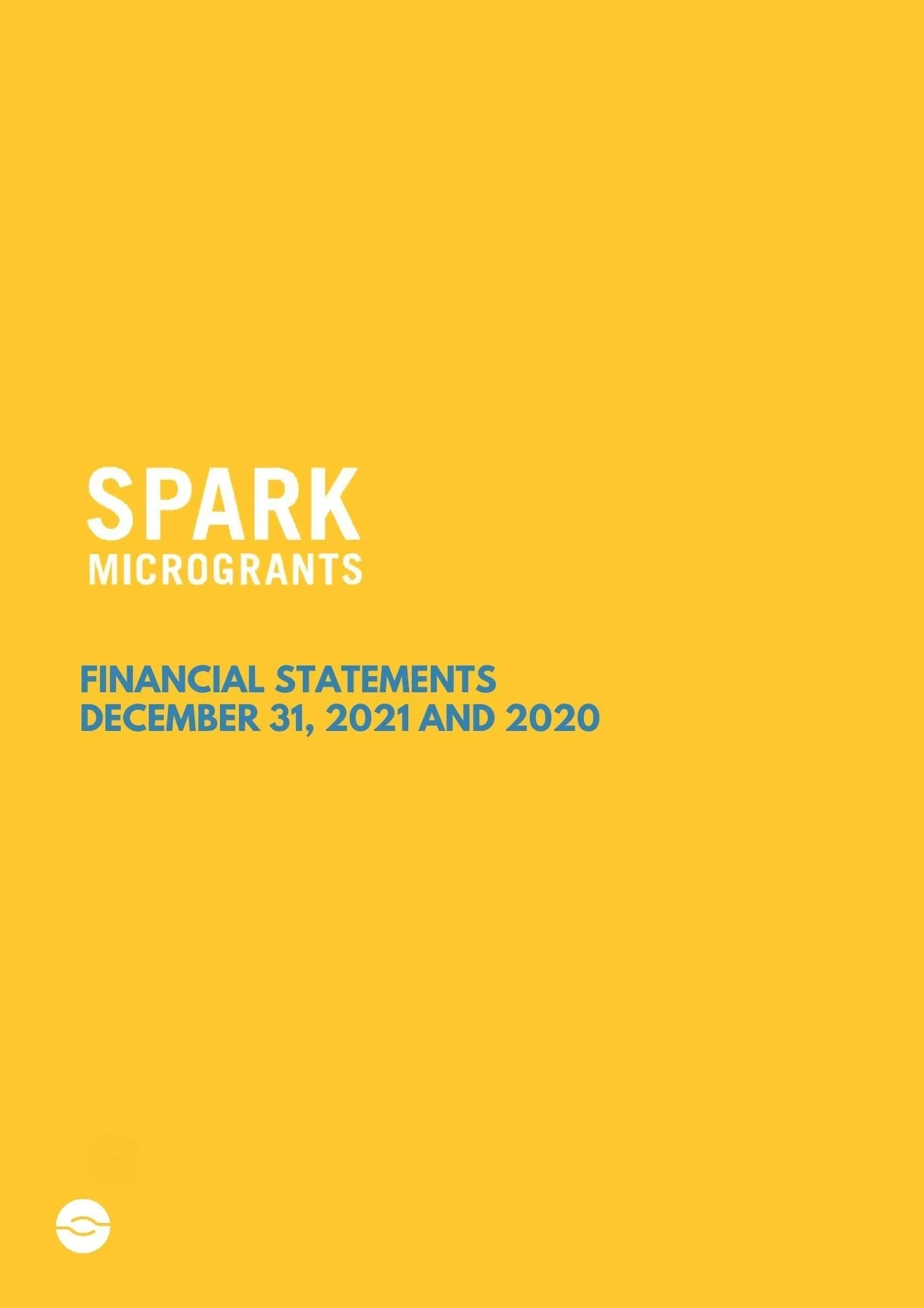
December 31, 2021
-

December 31, 2020
990 Documents
-
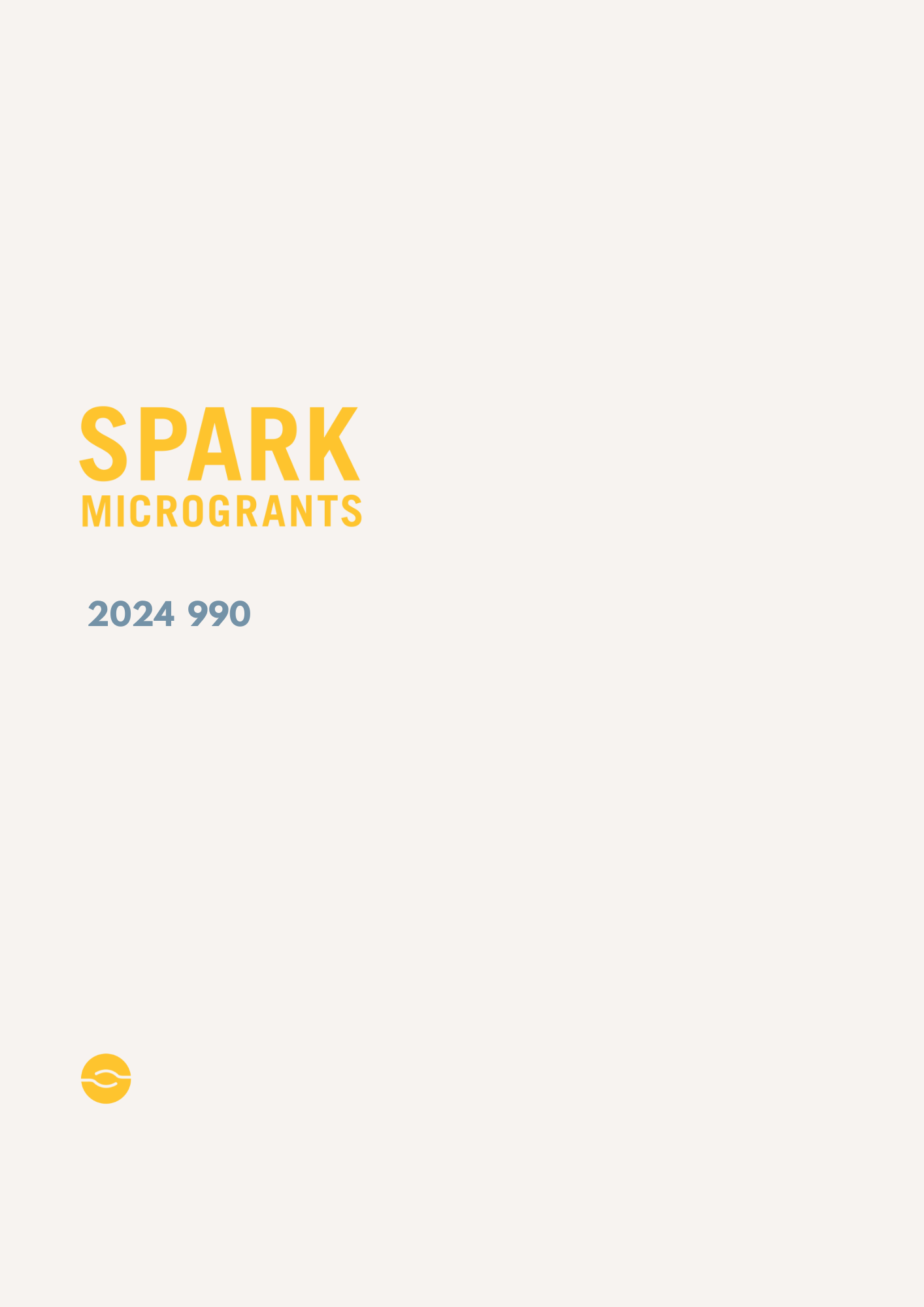
2024 990 Doc
-

2023 990 Doc
-
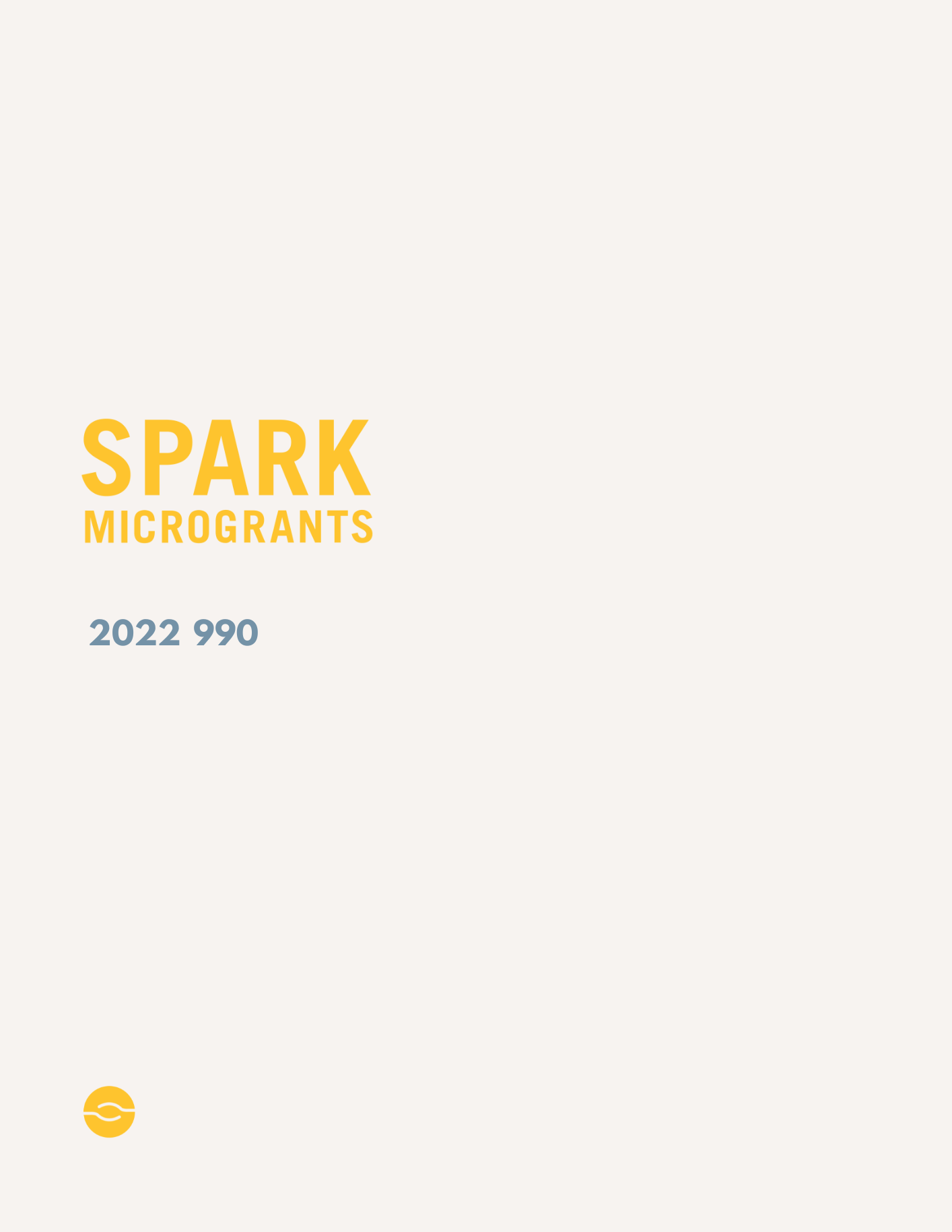
2022 990 Doc
-
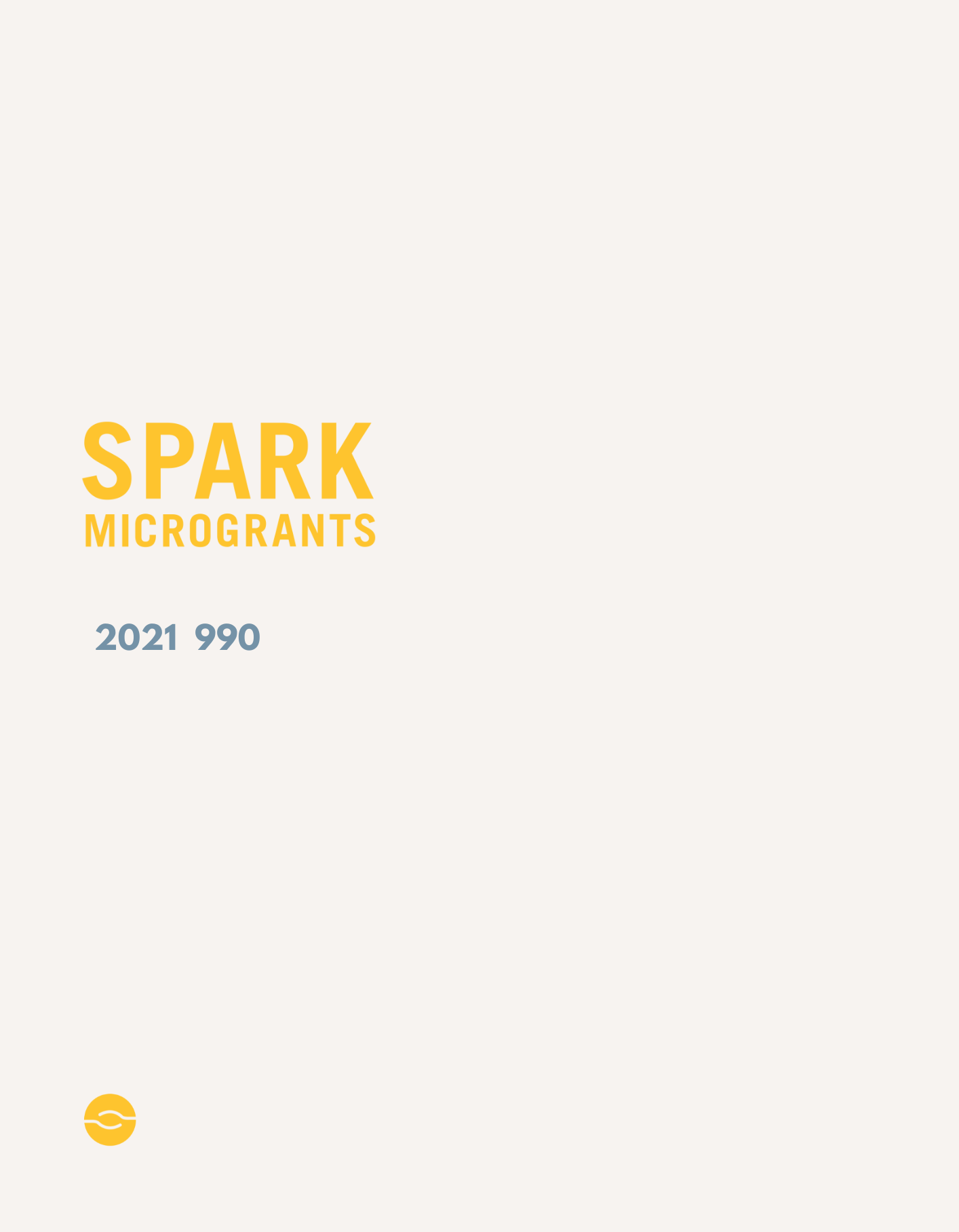
2021 990 Doc
-
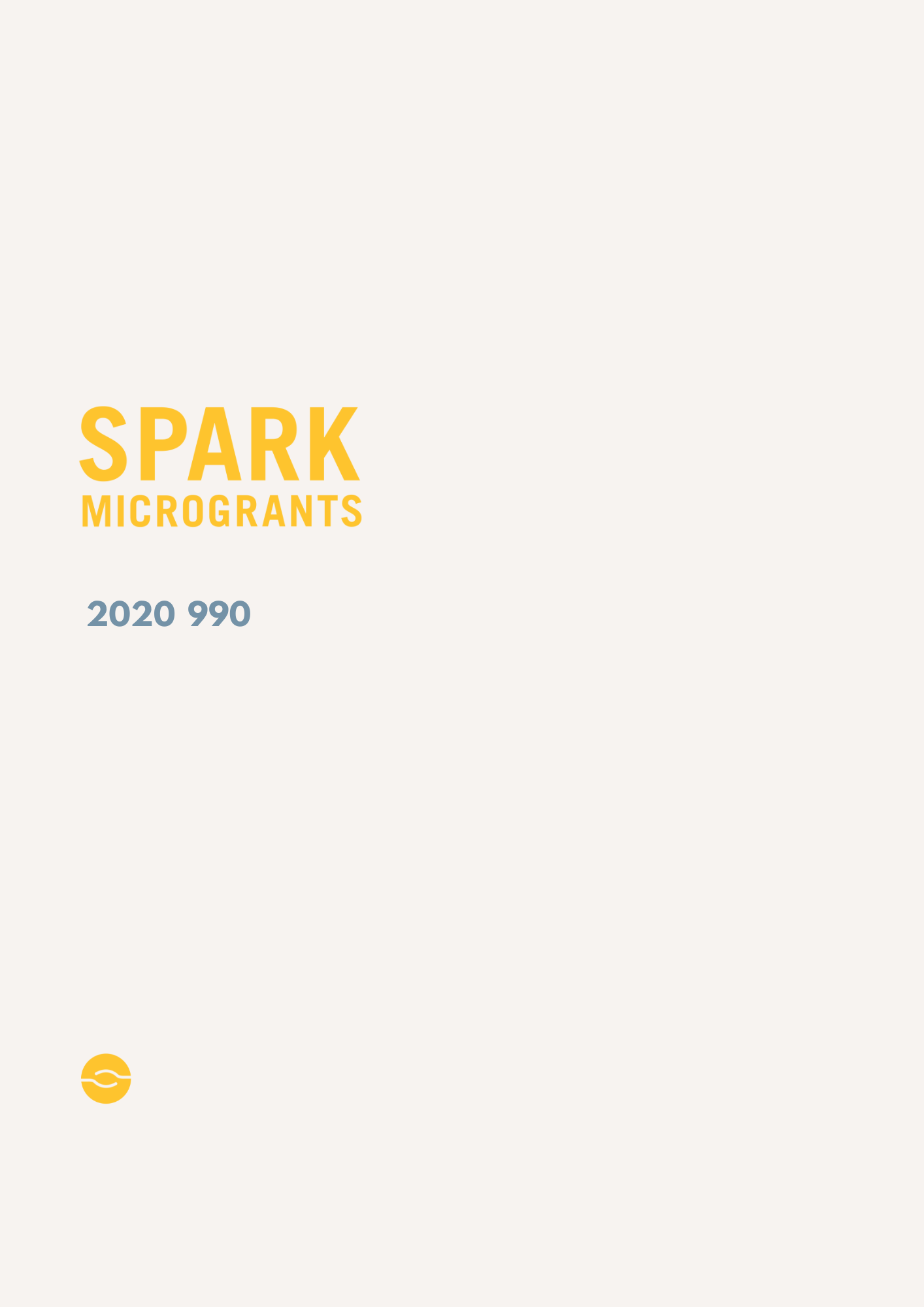
2020 990 Doc



